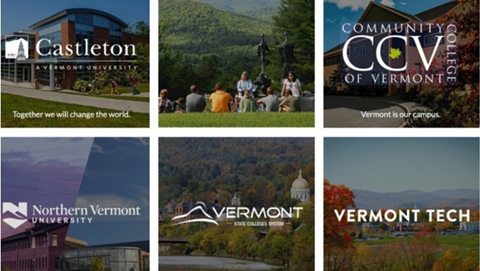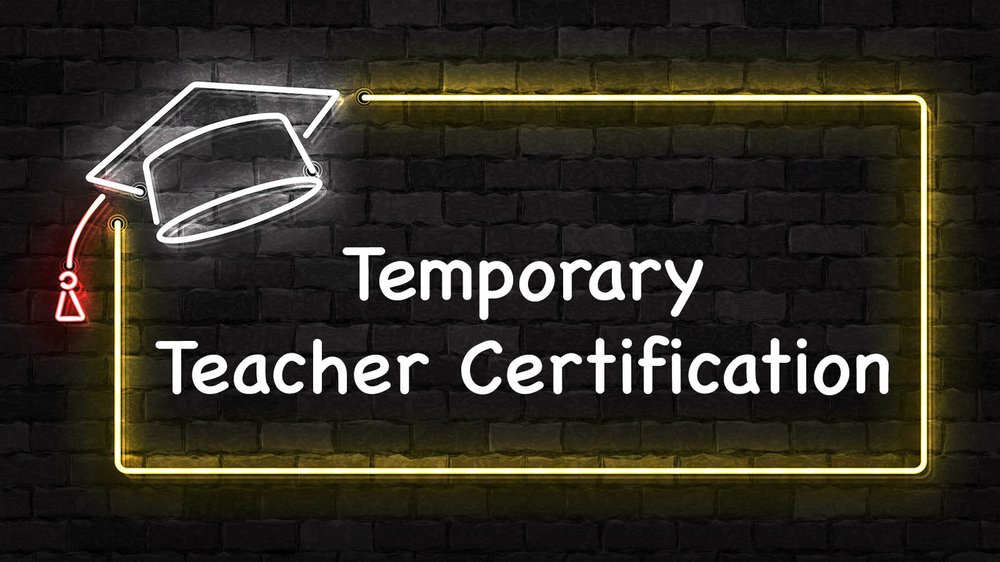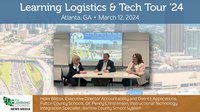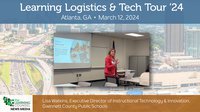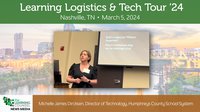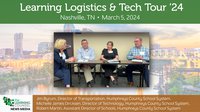Pandemic response: State Board of Education to consider stop-gap measure for new teachers unable to complete final certification requirements – By Andrea Eger, Tulsa World
Pandemic-related school closures and the halting of all public gatherings for everything including teacher certification tests could put a whole new batch of Oklahoma teacher candidates in limbo.
That’s why the Oklahoma State Board of Education will be asked to approve a stopgap measure on Thursday, giving new teachers a temporary state certification until they can complete their final requirements.
“These are individuals who were already on a path (to full certification) and have satisfied course requirements and so forth — anybody who was within a couple of months of getting certified who now cannot due to circumstances beyond their control,” said Jeff Smith, executive director of teacher certification at the Oklahoma State Department of Education. “Anyone turning in an application to us between February and whenever testing centers open up, none of them can do anything. That is a pretty significant talent pool.”
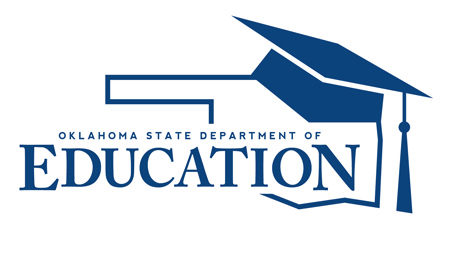
This Cal State Campus Is One of the First to Commit to Online-Only Classes for Fall 2020 – By Rebecca Koenig, EdSurge
Colleges across the country are considering options for how to operate during the upcoming academic year, yet so far, few have committed publicly to either reopening their campuses or holding classes online.
On Monday, California State University at Fullerton became one of the first to announce intentions to pursue the latter path—at least to start the fall semester. In a town hall meeting for administrators, faculty and staff, provost Pamella Oliver asked professors to start preparing now for autumn virtual classes, reports NPR and student newspaper Daily Titan.
“I wish that I could give you a definite answer and tell you this is exactly what we’re going to do, because I certainly would like to have some definite answers,” Oliver said. “But, what I do know is that our plan is to enter virtually, and then to also have in mind what would we do to enter gradually and to have flexibility as we do it.”
Cal State Fullerton is the only one of 23 campuses in the California State University system to make a decision so far, reports the L.A. Times.
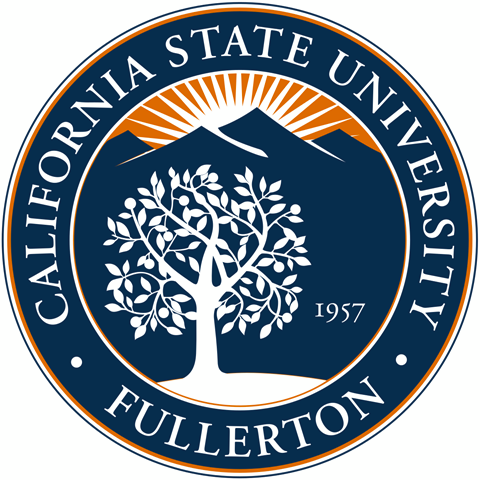
How equity has overhauled grading in online learning – By Matt Zalaznick, District Administration
Some large districts may give all students A's, while others just get rid of F's
Grading in online classes has been overhauled in many school districts as equity-minded superintendents aim to make sure students having trouble with the transition don’t suffer drastic academic consequences.
High school students in Seattle Public Schools, including those receiving specialized services, will either receive an “A” or an “incomplete” while COVID-19 keeps schools closed, the district announced this week.
Students will get an “A” if they participate in online or distance learning and make progress toward grade-level standards.
Students may get “incompletes” if, despite having access, they don’t participate. But they will be able to make up work during the summer and fall semesters.
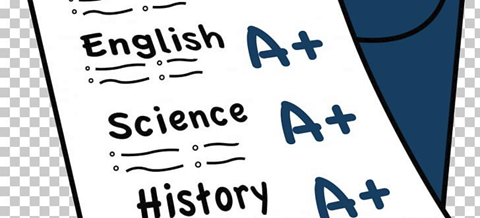
Can Colleges Reopen in the Fall? If Not, Some Won't Survive – By Alan Greenblatt, Governing
On Friday, the chancellor of the Vermont State Colleges System announced a plan to close three campuses, affecting 2,000 students and 500 staff. Due to heavy pushback over the weekend, from Gov. Phil Scott on down, a board vote on the decision -- originally scheduled for Monday -- has been put off, at least until next week. But trustees warn that the financial picture grows darker daily.
The type of tough decision playing out now in Vermont is bound to happen in other places. Around the country, higher education is being buffeted from all directions. Nearly all the major revenue sources — tuition, room and board, activity fees, charitable giving — are under severe pressure. The problems will grow decidedly worse if campuses aren’t able to open up again in the fall, a scenario that looks increasingly likely.
Public colleges and universities are certain to see cuts in aid from financially strapped states. “States will miss hundreds of billions, if not more, in revenue that will never be recovered,” said Dan Malloy, chancellor of the University of Maine System. “This is the downturn of 2008 on steroids.”
The entire field of higher education is entering a period when it may face fundamental disruptions.
Even the wealthiest institutions, such as Harvard and Princeton, are announcing hiring freezes and other spending reductions. The situation naturally is worse at most institutions, which don’t rest on the same financial cushions.
